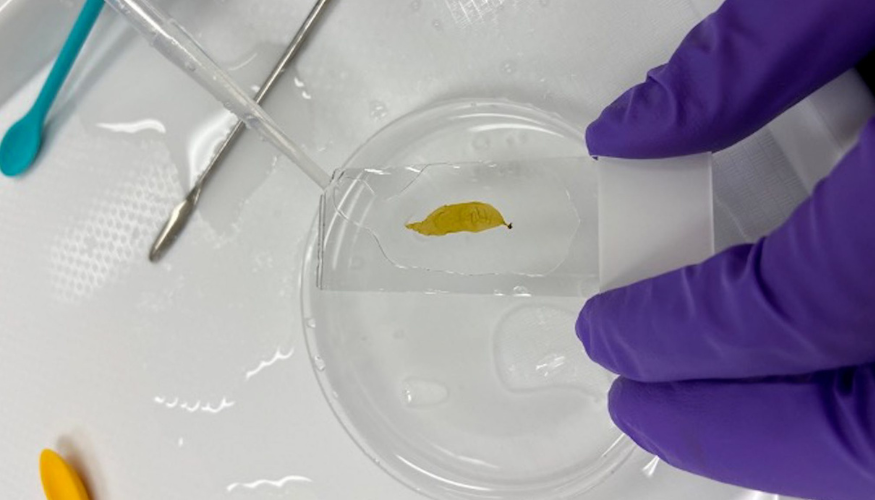Woods Hole Oceanographic Institution scientists identify heat-resistant kelp

Scientists from New England Council member, Woods Hole Oceanographic Institution (WHOI), have identified a strain of kelp with natural adaptations to cope with heat. As water temperatures are rising, kelp beds are declining, a fact that researchers are concerned about. Kelp has played a role in fighting against global warming; productive kelp farms can act as a carbon sink and absorb carbon dioxide from the oceans, elevate pH levels, and supply oxygen, helping to mitigate the local effects of ocean acidification. However, the algae will no longer be able to perform these functions unless it can withstand the heat of its habitat.
In a new study published in the Journal of Applied Phycology, WHOI researchers assessed the heat tolerance of kelp gametophytes and crossbred those with the highest tolerance together. Results found that when the gametophytes identified as heat-tolerant were crossed, they produced kelp blades that grew better under heat stress compared to the offspring of non-heat-tolerant gametophytes. Researchers hope that this new strain will help support sustainable farming and give kelp a chance against climate change.
Kelp has been observed to be a versatile tool for fighting global warming, with the ability to be converted into new fuel sources and potentially reduce greenhouse gasses, “in a hotter and drier world of the future, it will be hard to find a better resource for biofuels than farmed seaweed. This study allows us to accelerate the breeding of heat-tolerant kelp strains, thus helping sustain the industry,” said Scott Lindell, a research specialist in aquaculture technology at WHOI and co-author of the published study.
The New England Council commends Woods Hole Oceanographic Institution for this innovative research.
Read more in the WHOI press release.